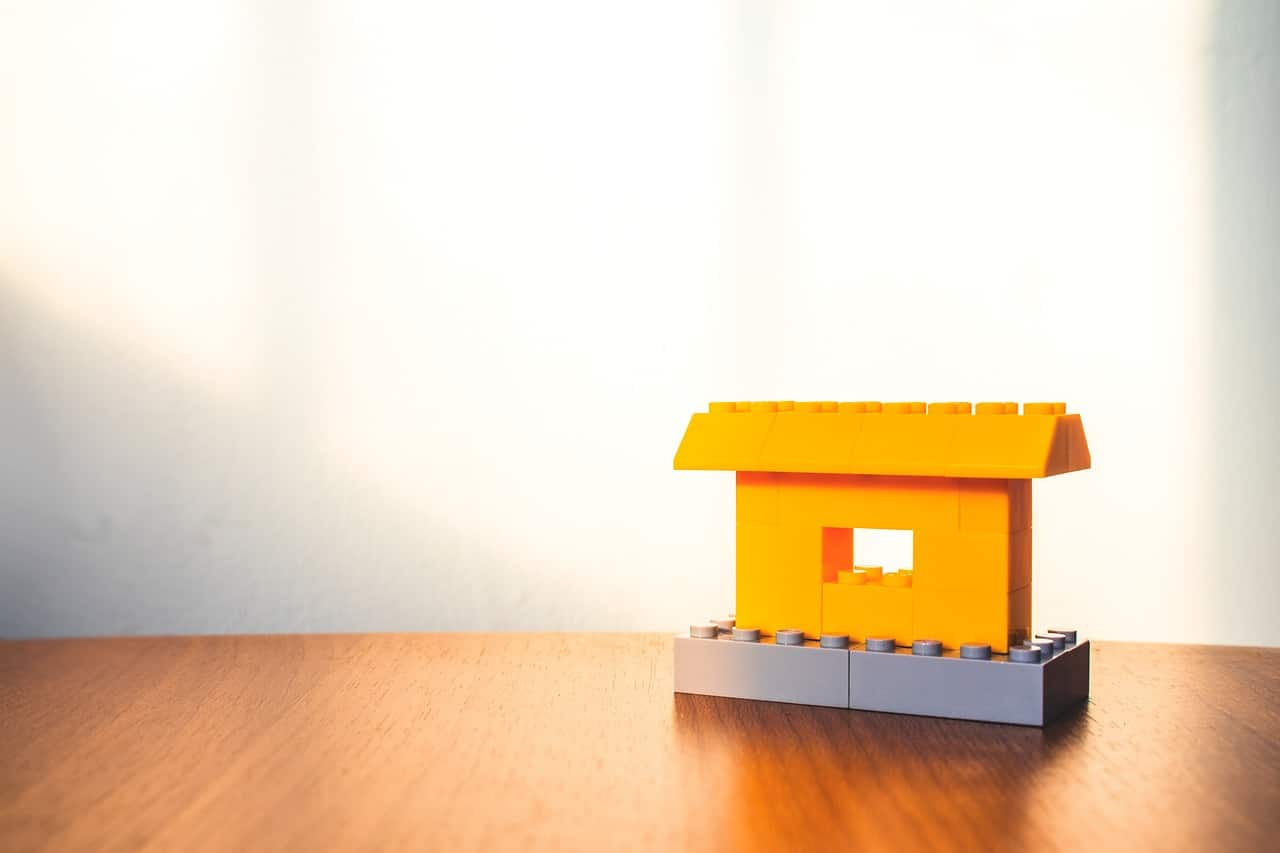Divorce-Proof Properties: The Rise of Home Prenups
Divorce is a difficult and often emotionally taxing process for all parties involved. It’s estimated that 40-50% of marriages in the United States end in divorce, and this statistic remains fairly consistent across the globe. With such a prevalent issue, it’s no surprise that people are looking for ways to make the separation process easier and less contentious. One solution that has been gaining popularity is the use of home prenups. These documents outline the ownership and division of assets in case of a divorce, specifically when it comes to the family home. In this article, we will delve into the rise of home prenups and why they are becoming an essential component of divorce-proof properties.
The Rise of Home Prenups
Traditionally, prenuptial agreements have been seen as something reserved for the wealthy and famous. However, with the high rate of divorce and the increasing number of people getting married later in life, these agreements are now a common occurrence for the average couple. In recent years, there has been a surge in the use of home prenups, which specifically address the division of property in case of a divorce.
What is a Home Prenup?
A home prenup, also known as a marital property agreement, is a legally binding document that outlines the division of assets in case of a divorce. It specifically focuses on the family home, determining who will take ownership and how the property will be divided in terms of equity. This document can be created before or after marriage, and it can be modified throughout the marriage as needed.
The Benefits of a Home Prenup
The purpose of a home prenup is to provide a clear and concise plan for the division of assets in case of a divorce. By having a prenup in place, couples can avoid lengthy and costly legal battles over the family home. In many cases, a home prenup can also prevent one party from being forced to sell the home due to financial constraints. This can be particularly beneficial for couples who have invested a significant amount of money and time into their property.
Home prenups can also protect the individual assets of each party in case of a divorce. For example, if one person owned the home before the marriage, a prenup can ensure that they retain full ownership of the property in case of a divorce. It can also outline any potential financial agreements or responsibilities, such as who will be responsible for paying the mortgage or taxes on the property.
How to Create a Home Prenup
A home prenup should be created with the assistance of a lawyer. Both parties should be represented by separate legal counsel to ensure that their best interests are being served. It’s essential to be honest and transparent during the creation of a home prenup, as any hidden assets or misleading information could render the document invalid.
When creating a home prenup, it’s important to consider all factors, including potential future scenarios, to ensure that all possibilities are covered. The document must be carefully drafted and reviewed by both parties before it is legally binding.
Conclusion
The rise of home prenups is a response to the high rate of divorce and the desire to make the process more amicable and less stressful. By outlining the division of assets and responsibilities, these agreements can provide peace of mind and protection for both parties in case of a divorce. If you are considering a home prenup, it’s crucial to consult with a lawyer to ensure that your best interests are represented and that the document is legally sound. With the use of home prenups becoming more common, it’s likely that they will continue to play a significant role in creating divorce-proof properties.









